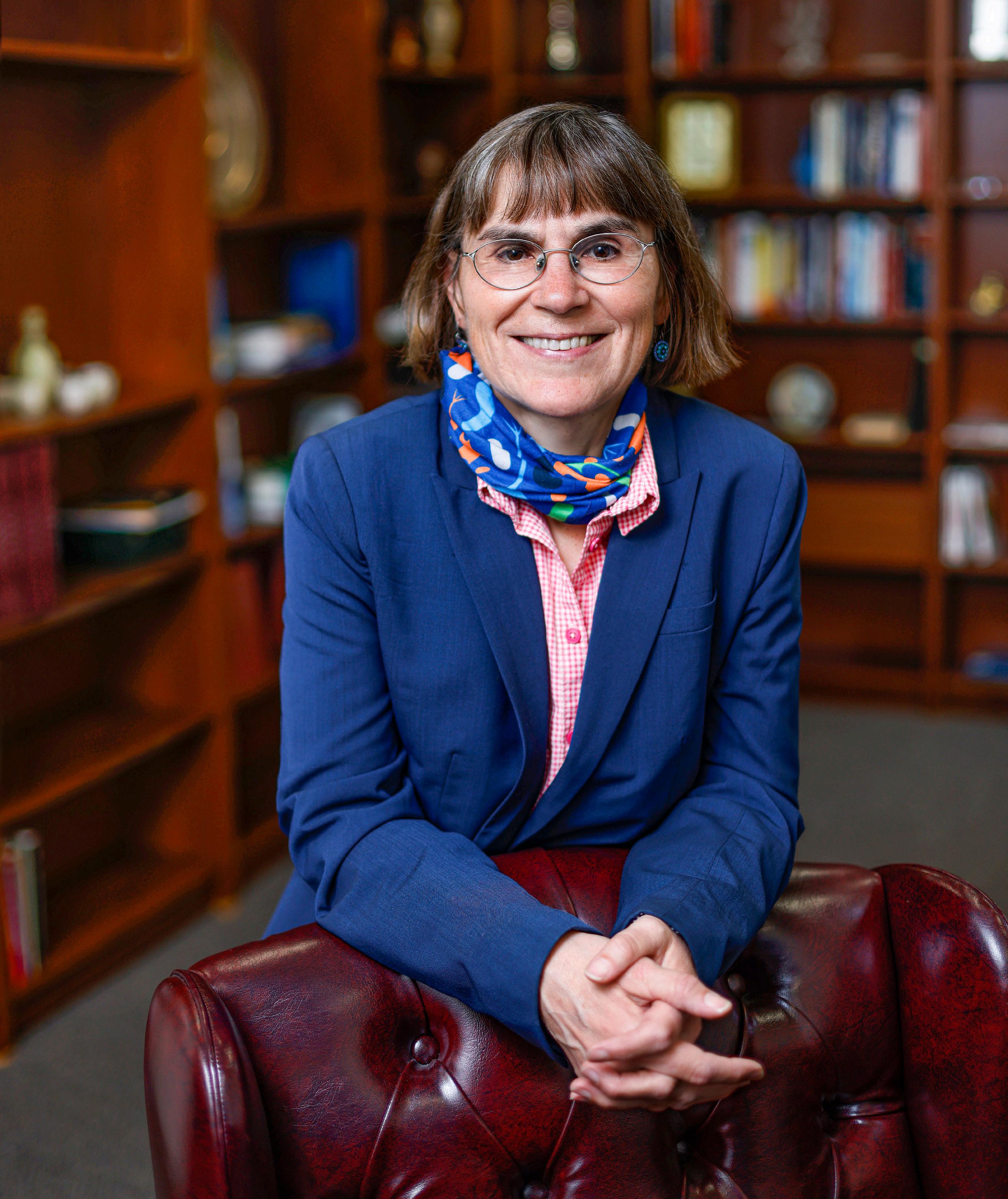3 minute read
Profile
Next Article
From the Baseball Field to the Boardroom
How the Seton Hall student-athlete experience turned one student into a leader for everyone.
From the outside looking in, the challenges for anyone overseeing a grocery store chain during COVID-19 pandemic lockdowns were seemingly insurmountable. Employees were faced with daily risk simply by showing up for work; the supply chain was in disarray and some store shelves were glaringly empty; and when customers came to the store, it was with a heavy dose of anxiety about this new, frightening disease. Yet for Chris McGarry, recently retired CEO of California-based Save Mart stores, navigating the challenges was quite simple. “Do all you can to support the people in your stores, ensuring you’re providing whatever they need to feel safe,” he says.
That meant giving staff the necessary PPE (personal protective equipment), putting in place a bonus program for employees coming into work and maintaining that for 17 months, and absorbing all employee medical costs associated with COVID. “We also provided three meals a day to our people because they might have been struggling to access prepared food at that time, and we paid particular attention to their personal needs and issues,”
McGarry explains. “I could recite hundreds of stories of employees who demonstrated incredible commitment to our stores, customers and colleagues, and it was important we recognize that.”
Ultimately, McGarry says that the pandemic served to “restore the grocery store to its proper place in the community. It was a reminder of our normal, daily lives, and one of the only places for human interaction in the early days of COVID.”
McGarry didn’t set out to work in grocery retail, but his preparation for leadership began early at
Seton Hall, when he earned first a bachelor’s degree in history in 1988, followed by an M.B.A. in economics in 1989, and finally, a J.D. in 1992. He drew lessons from both the classroom and the ballfields/courts as a student-athlete in baseball and tennis.
“Coming into Seton Hall as a driven, headstrong and ambitious guy, I was unaware of how much I really needed to learn,” says McGarry. “I formed great relationships, learned from every experience, and left thoroughly impressed by the programs.”
When he reflects on his experiences as a student athlete, McGarry can now see how they prepared him for the career path he eventually followed. “I remember a real estate law class with Professor Paula Franzese, and the way she engaged us with her creative teaching methods,” he says. “At the time, I was impatient and thought that if a class or work wasn’t painful, I wasn’t making progress. But as a CEO who had to get in front of everyone in an organization, I learned to appreciate her approach for drawing in a diverse audience from a wide variety of circumstances.”
This has proven particularly valuable to McGarry as he worked to evolve ideas for diversity and inclusion at Save Mart. “These were lessons I never appreciated in the moment, but by applying them I saw how we became a more powerful and effective organization as a result,” he says. “Seton Hall allowed me to grow intellectually, developing an appreciation for other people, for ethics and for ideas.”
Likewise, his experience as a walk-on freshman baseball player left him with life lessons he has put to good use. “I was welcomed into the program and mentored, allowing me to make tremendous progress,” McGarry says. “It was such a well-run program, and it unwittingly made an impression on me that I drew on as a CEO.” n
Amanda Loudin is a Maryland-based freelance writer.









